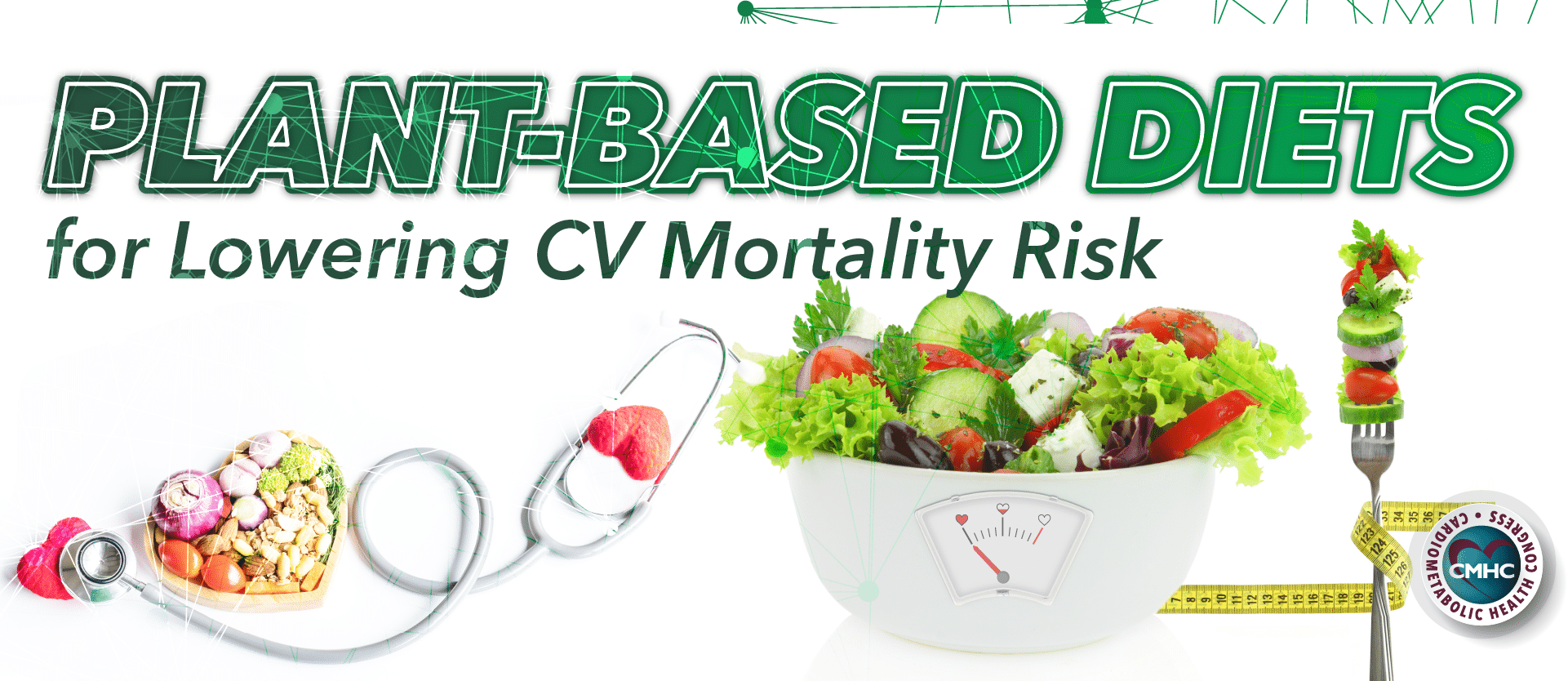The anti-inflammatory and antioxidant effects of vegetable-focused diets are well-known, however, recent research reveals that the quality of plant foods is just as important as their quantity. Not all plant-based diets are equal and those centered around high-quality, healthy plant foods have been proven to greatly surpass plant-based diets with less-healthy foods which can ultimately increase detrimental health risks. New research from the Harvard T.H. Chan School of Public Health suggests a positive correlation between increased plant-based food intake and decreased mortality risk.
Plant-Based Diet and Cardiovascular Disease Mortality Risk
The recent study aimed to determine the connection between plant-based diets and heart disease prevention, with associated all-cause and CVD mortality risks. Results presented at the American Heart Association’s Epidemiology and Prevention/Lifestyle and Cardiometabolic Health Scientific Sessions 2019 revealed decreased mortality rates associated with a high-quality, plant-based diet.
The study included data from over 200,000 participants, none of which had a prior history of cancer or heart disease. Researchers assessed changes in participants’ diets over a 12-year period and found that those who showed the largest increase in an overall plant-based diet had an 8% lower all-cause mortality risk. Participants adhering to a healthy plant-based diet showed a 10% lower risk of death associated with heart disease. On the other hand, participants who followed a less healthy plant-based diet had an increased mortality risk by 11%.
High-Quality Plant-Based Diets
Not only have healthy plant-based diets been proven to lower heart disease and mortality risks, but they also have favorable effects on body weight, BMI, cholesterol and blood sugar levels, as well as other risk factors for obesity and type 2 diabetes. However, the quality of dietary plant foods has a significant impact on their associated benefits. Diets rich in healthy plant foods – whole grains, fruits, vegetables – are associated with a significantly lower risk of heart disease than diets containing less-healthy plant foods. Many foods that are not derived from animals can still be unhealthy, such as candy, soda, refined grains, and even juices, and have been shown to increase CVD risk.
While nutritional changes can be difficult to implement, starting with realistic goals and accessible, affordable plant food options can make the transition easier. Some of the best plant-based food items to incorporate are whole grains, legumes, whole fruits, vegetables, seeds, and nuts. Oranges, apples, grapes, and pineapples are widely available options, alongside cauliflower, brussels sprouts and zucchini – all of which can be easily introduced into a daily diet. Replacing meat with plant-based proteins such as edamame, tofu, or chia seeds and soda with water are additional changes that can have beneficial effects.
Cardiometabolic Recommendations
Dietary guidelines and lifestyle recommendations for improved cardiometabolic health should focus on increasing healthy plant food intake while reducing animal foods and less healthy plant foods. Although, a plant-based diet does not necessarily mean eating plants exclusively; eating higher-quality plant foods and aiming to improve overall nutrition can decrease health risks. However, a healthy plant-based diet may have the greatest effect on minimizing CVD and all-cause mortality risk.


















